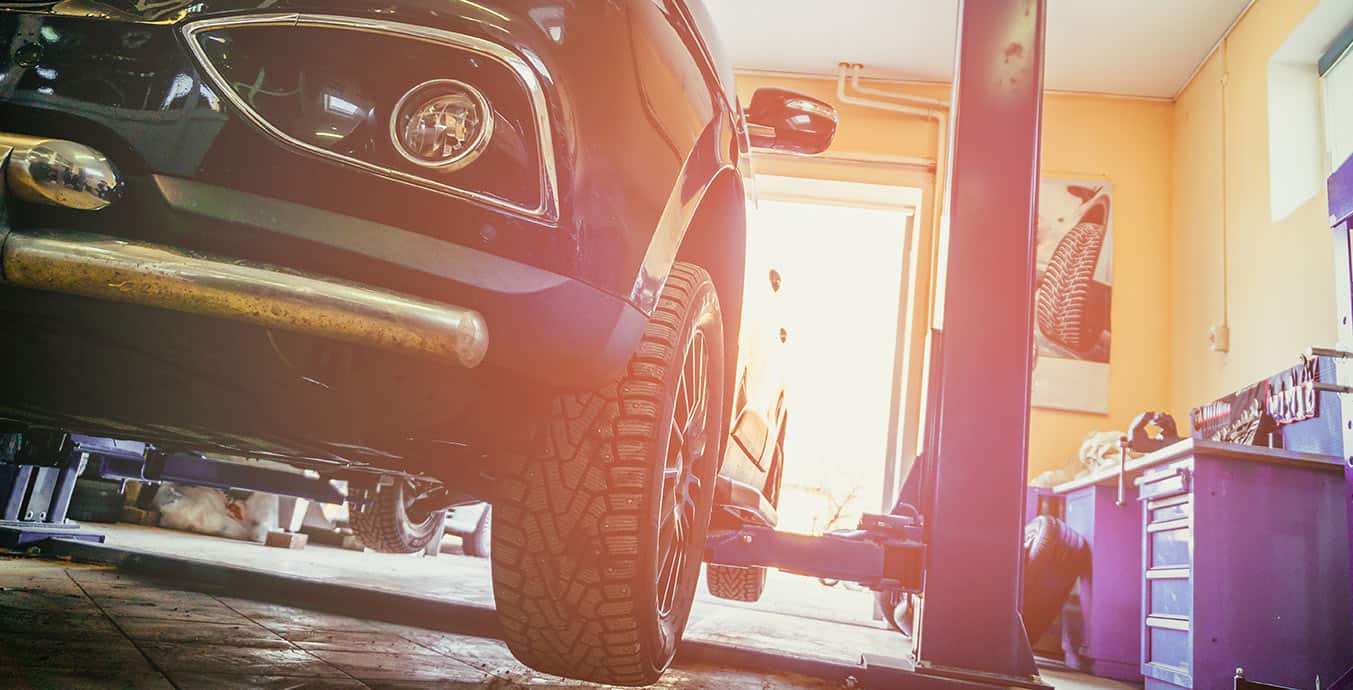
Last year for the automotive sector in the UK was the best for sales since the COVID-19 pandemic, with 1.903 million new car registrations.
Despite losing market share, a record 314,687 battery electric vehicles (BEVs) hit the road last year, more than in 2020 and 2021 combined. BEVs are becoming increasingly popular, and major brands like Castrol and Shell have even developed coolant, grease and lubricant products for BEVs and other electric vehicles (EVs).
The Chief Executive of the SMMT, Mike Hawes, said that the market for new cars was experiencing a comeback, thanks to problems in the supply chain diminishing. Fleet investment, for the current generation of EVs in particular, is driving this recovery. He also stated that this year’s challenge was to deliver a recovery that will be environmentally friendly, adding:
“Government has challenged the UK automotive sector with the world’s boldest transition timeline and is investing to ensure we are a major maker of electric vehicles. It must now help all drivers buy into this future, with consumer incentives that will make the UK the leading European market for ZEVs (zero emission vehicles).”
According to the SMMT, the UK Treasury is receiving a VAT windfall due to the higher prices of BEVs compared to internal combustion engine (ICE) vehicles. It claims that halving VAT on BEVs would reduce the Treasury’s VAT take by just 22% when a driver switches from an ICE vehicle to a BEV, while also increasing the purchasing power of BEV buyers by an estimated £7.7 billion through 2026.








































